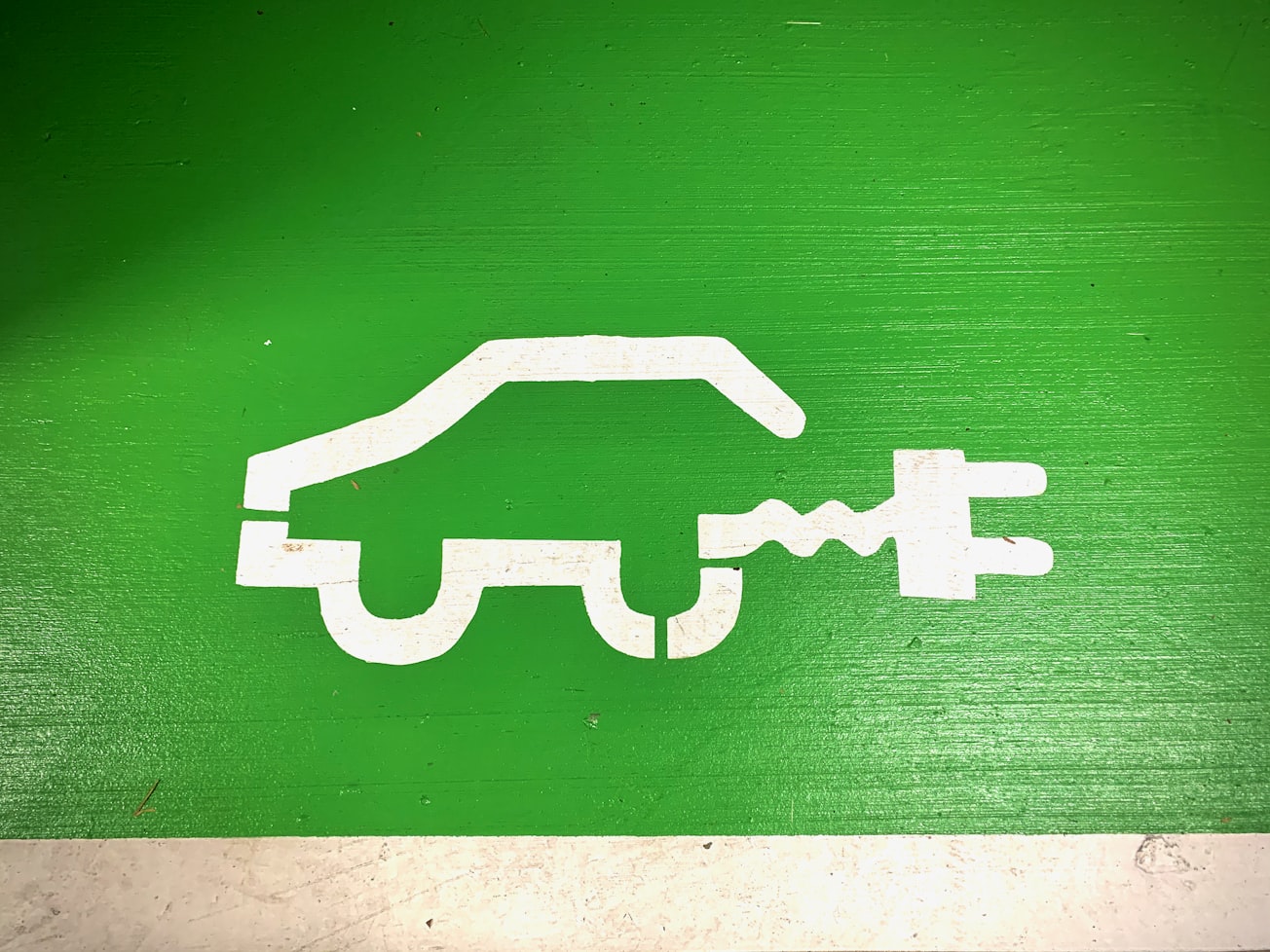What is it about?
Air pollution is responsible for millions of deaths every year. One of the main contributors to air pollution is toxic emissions from vehicles caused by burning of fossil fuels. However, developing countries like Ghana still rely heavily on energy from fossil fuels for vehicles and transportation. As a result, they continue to have a high carbon footprint. This is despite the global move towards adoption of battery electric vehicles (BEVs). Going ahead, countries like Ghana will also have to adopt BEVs, sooner or later. It will help them reduce their dependence on fossil fuels. In turn, this can lead them ahead towards the sustainable development goals. But will these countries benefit by adopting and using electric vehicles (EVs)? In this study, the authors tried to answer this question. They compared the total cost of owning and using EVs with that of internal combustion en-gine vehicles (ICEVs) in Ghana for 10 years. The authors looked at factors like fuel and electricity costs, maintenance, insurance, taxes, and charg-ing infrastructure.
Featured Image

Photo by Ralph Hutter on Unsplash
Why is it important?
At present, EV adoption in Ghana is low. This study shows that shifting to BEVs may be very beneficial for Ghana. It could greatly reduce the emission of toxic air pollutants. For instance, carbon dioxide emissions could go down by 72% and nitrogen oxides by 79%. KEY TAKEAWAY: Understanding the true cost of ownership can help develop policies and incentives to promote BEVs. This study shows that BEVs cost 9.4% to 23.7% less per mile than ICEVs. However, they become cheaper only after seven years. Factors like depreciation and import taxes also contribute a lot to the total cost of BEVs. Interestingly, the most sensitive factor is electricity cost. Finding ways to tide over these issues may be of help. Incentives such as the removal of import taxes can boost electric mobility in Ghana. Exploring cheaper and renewable energy sources may also help reduce air pollution in Ghana. This research relates to the following Sustainable Development Goals: • SDG 13 - Climate Action • SDG 11 - Sustainable Cities and Communities • SDG 3 - Good Health and Well-being • SDG 7 - Affordable and Clean Energy • SDG 9 - Industry, Innovation, and Infrastructure
Read the Original
This page is a summary of: Comparing the Cost per Mile of Electric Vehicles and Internal Combustion Engine Vehicles in Ghana, Transportation Research Record Journal of the Transportation Research Board, December 2022, SAGE Publications,
DOI: 10.1177/03611981221135804.
You can read the full text:
Resources
Sage Sustainable Development Goals Showcase
More plain language summaries from Sage relevant to Sustainable Development Goals
SDG Knowledge Cooperative
More plain language summaries of research relevant to all the Sustainable Development Goals.
SDG Showcase: Goal 13 – Climate Action
More plain language summaries of research relevant to Sustainable Development Goal 13: Climate Action – brought to you by the SDG Knowledge Cooperative
SDG Showcase: Goal 11 – Sustainable Cities and Communities
More plain language summaries of research relevant to Sustainable Development Goal 11: Sustainable Cities and Communities – brought to you by the SDG Knowledge Cooperative
SDG Showcase: Goal 3 – Good Health and Well-Being
More plain language summaries of research relevant to Sustainable Development Goal 3: Good Health and Well-Being – brought to you by the SDG Knowledge Cooperative
SDG Showcase: Goal 7 – Affordable and Clean Energy
More plain language summaries of research relevant to Sustainable Development Goal 7: Affordable and Clean Energy – brought to you by the SDG Knowledge Cooperative
SDG Showcase: Goal 9 – Industry, Innovation and Infrastructure
More plain language summaries of research relevant to Sustainable Development Goal 9: Industry, Innovation and Infrastructure – brought to you by the SDG Knowledge Cooperative
Climate Change Showcase
More plain language summaries of research relevant to Climate Change
Contributors
Be the first to contribute to this page










